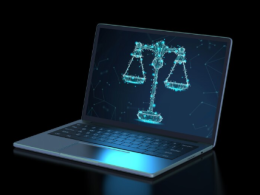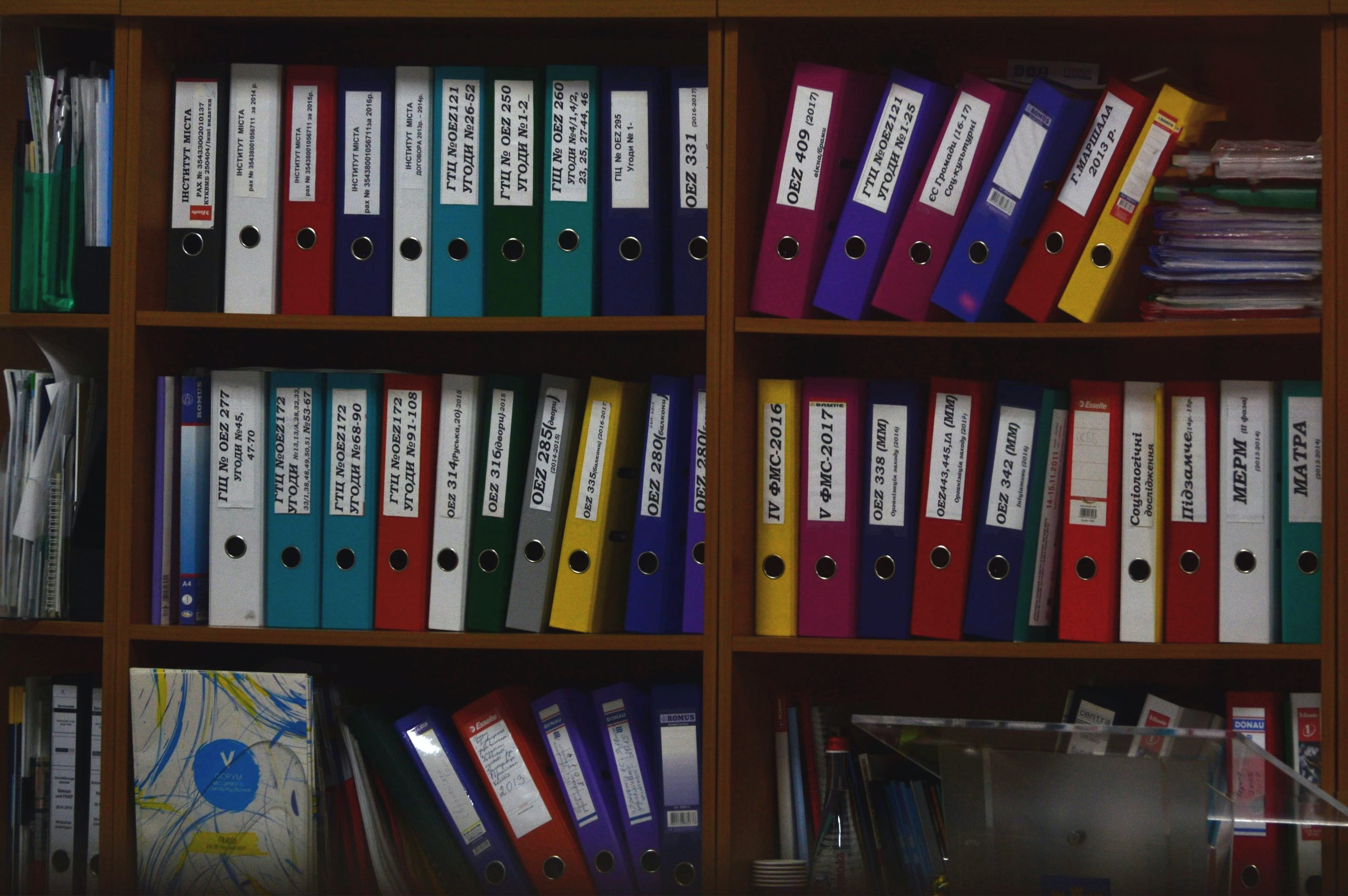Law libraries play a crucial role in the legal profession, serving as the primary resource for legal research and education. To gain a better understanding of the inner workings of these institutions and the challenges they face, we conducted exclusive interviews with some of the leaders in the field. Here’s what they had to say.
Interview with David Mao, Law Librarian of Congress
David Mao is the Law Librarian of Congress, responsible for overseeing the largest law library in the world. With over 2.9 million volumes, the Law Library of Congress is a critical resource for legal research and scholarship.
Q: What are some of the biggest challenges facing law libraries today?
A: One of the biggest challenges is the rapid pace of technological change. Law libraries must adapt to new technologies and platforms to remain relevant and effective. Another challenge is the need to provide access to legal information to a diverse range of users, including those who are not lawyers or legal scholars.
Q: How has the pandemic affected the operations of the Law Library of Congress?
A: The pandemic has forced us to adapt quickly to remote work and digital resources. We had to close the library’s doors to the public for several months, but we were able to maintain access to our resources through our website and digital platforms. We also launched new initiatives, such as virtual research consultations, to help users navigate the digital landscape.
Interview with Michelle Wu, Associate Dean for Library Services at Georgetown Law
Michelle Wu is the Associate Dean for Library Services at Georgetown Law, where she oversees the law library’s collections and services.
Q: How has technology changed the way law libraries operate?
A: Technology has revolutionized the way we provide access to legal information. We can now offer resources and services remotely, which has been critical during the pandemic. It has also made legal research more efficient and accessible for all users, regardless of their location.
Q: What advice do you have for law students or legal professionals who want to make the most of their law library resources?
A: Take advantage of the resources and services available to you! Law libraries offer a wealth of information and support, from research consultations to database access. Don’t be afraid to ask for help, and be proactive in seeking out the resources you need.
Interview with Sarah Glassmeyer, Director of Content Development at CALI
Sarah Glassmeyer is the Director of Content Development at the Center for Computer-Assisted Legal Instruction (CALI), a nonprofit organization that provides technology and resources to support legal education.
Q: How does CALI support law libraries and legal education?
A: CALI offers a range of resources and tools to support legal education, including interactive tutorials, assessment tools, and casebooks. We also work closely with law libraries to help them incorporate technology and digital resources into their collections and services.
Q: What do you see as the future of law libraries and legal education?
A: The future of law libraries and legal education is digital. We will see more and more resources and services delivered through digital platforms, which will enable greater access and efficiency. However, it’s important that we don’t lose sight of the human element of legal research and education. Law libraries and legal professionals must continue to prioritize collaboration, mentorship, and personal connections in the digital age.
In conclusion, law libraries are critical institutions that play a vital role in the legal profession. Through our exclusive interviews with some of the field’s leaders, we gained insights into the challenges and opportunities facing law libraries today. As technology continues to reshape the legal landscape, it’s more important than ever to ensure that law libraries remain accessible, relevant, and effective.










